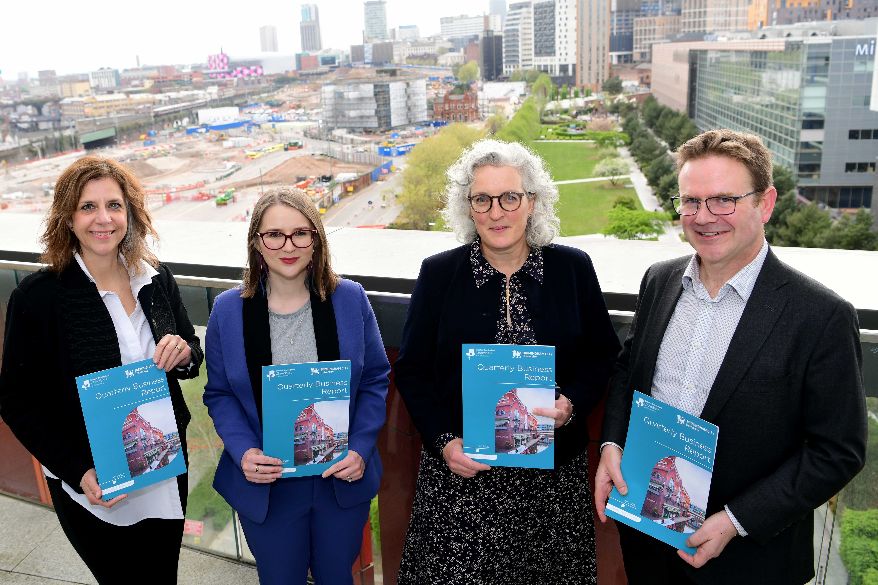RTPI welcomes planning reform at the heart of Levelling Up and Regeneration Bill
The Royal Town Planning Institute (RTPI) welcomes Government’s commitment to reforming planning at the heart of the ‘Levelling Up and Regeneration Bill’, but warns that the levelling up agenda will remain compromised as long as the planning system is under resourced.
Victoria Hills, Chief Executive of the RTPI said, “The fact that planning is so central to this bill makes it feel like the profession has been promoted from the Championship to the Premier League.


























